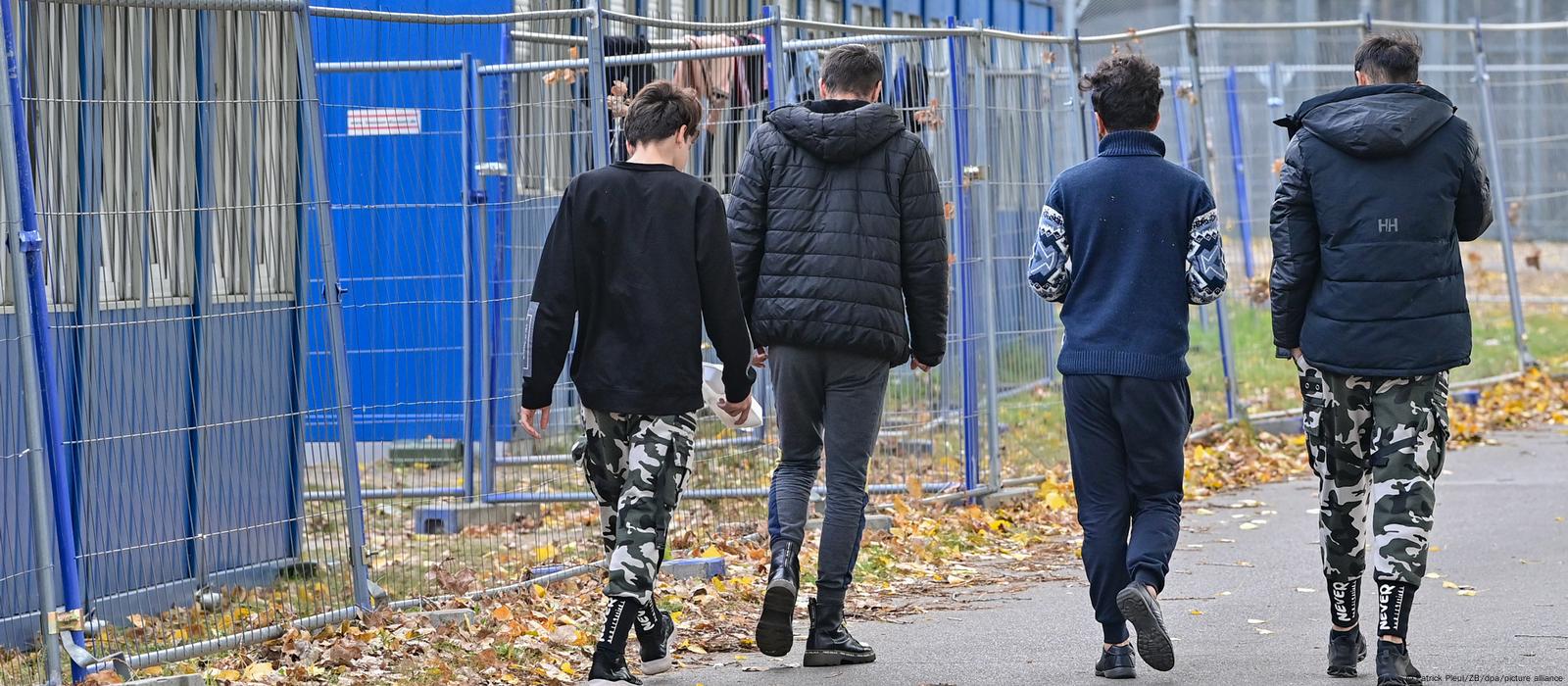Two representatives from the Free Democratic Party (FDP) and the Swiss People’s Party submitted a draft bill to the Cantonal Parliament of Zurich to distribute a payment card for refugees. However, the proposal, modeled after the German payment card system, was discussed in parliament but failed to gain a majority.
The payment card for refugees is politically controversial in Switzerland. While proponents argue that the payment card allows for greater state control over financial flows, many politicians believe it exacerbates the failures of the asylum policy. Currently, some Swiss politicians are working to gather support for an initiative to enshrine the right to cash in the federal constitution. This initiative aims to prevent the state from monitoring financial transactions.
Mayo Feho, a government advisor in Zurich, slammed Germany’s asylum policy, calling it a model of failure. He began his speech by quoting poet Heinrich Heine: “If I think of Germany in the night, I am jolted from my sleep, I can no longer close my eyes, and my hot tears flow.” In response to the FDP deputy chairman, Feho stated that he is no longer interested in implementing any proposals from Germany. “Nothing happens at all in Germany, and Germany does not even know how many refugees are in the country. Germany is a failed country in its asylum policy,” he said.
Linda Camenisch of the FDP, one of the sponsors of the payment card proposal, highlighted that all political parties in Germany, including the SPD, supported the payment card. She argued that the card would be only a minor inconvenience for genuine refugees and suggested it would be ideal to implement the payment card system for refugees throughout Switzerland.
According to the Federal Council, the risk of asylum seekers misusing the funds provided to them is low. While acknowledging that no system is completely immune to misuse, the Federal Council noted that past experiences have shown the amounts paid to asylum seekers are relatively small and are primarily intended to cover basic expenses, leaving little to no surplus. Additionally, asylum seekers in federal asylum centers receive assistance primarily in the form of in-kind subsidies rather than cash.
Among the criticisms of the payment card proposal, MP Alan Sanguinis pointed out that each card costs 6 euros, plus an additional 1 euro for each refill. Applying this to 33,000 refugees in Zurich would cost hundreds of thousands of francs annually without yielding significant results. He also noted that asylum seekers have the right to open bank accounts, making the payment card unnecessary and impractical.
Ultimately, the Zurich Cantonal Parliament rejected the payment card proposal by a vote of 94 to 77. However, the proposal will have a second chance, as it will be referred to a committee and then returned to parliament at a later date. The proposal will remain under consideration in the Zurich Cantonal Council for some time, and if attitudes do not change, it is likely to be rejected again.





